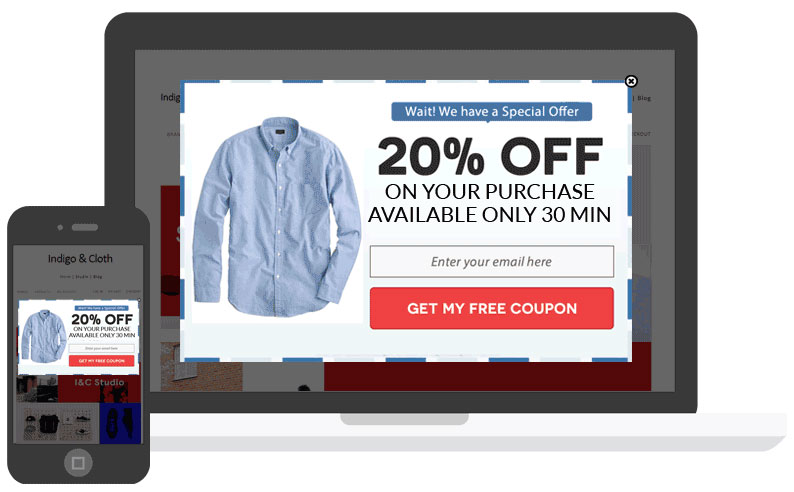There are a lot of decisions involved with the launch of an online store and focusing your attention on some of the more important aspects of ecommerce can save you time, money, and frustration. Here are the key areas to consider:
1) Picking Your Online Platform

The first decision should focus on the type of online platform appropriate to your business. There are basically three options:
– Build your own ecommerce platform;
– Use an existing online marketplace like Etsy, Amazon, eBay;
– Set up with an ecommerce site such as Shopify, Magento, or Bigcommerce.
However, you’re not limited to just one option. Many stores host their own ecommerce platform and still sell on Amazon and Shopify. Other e-retailers prefer the convenience and corporate or community support of an established online marketplace or ecommerce site. Self-hosted stores give you the freedom to do it all your way, but the expense and expertise required can be a burden for some.
2) The Amazon Advantage
The biggest advantage of using platforms such as Amazon or eBay is the sheer scale of their online presence. Amazon, for example, draws an estimated 85 million unique visitors each month to their site. While these consumers are looking for specific products rather than your store, if they purchase your product there’s an opportunity for repeat business through excellent customer service or fulfillment.
3) Billing and Order Fulfillment
 A key area of concern for ecommerce merchants is how to fill and ship items processed through the shopping cart and payment collection. Consider tracking systems for inventory and shipping as well as a shipping service. Payment options can be limited to just PayPal, or opened to include all major credit cards.
A key area of concern for ecommerce merchants is how to fill and ship items processed through the shopping cart and payment collection. Consider tracking systems for inventory and shipping as well as a shipping service. Payment options can be limited to just PayPal, or opened to include all major credit cards.
Amazon and other major ecommerce marketplaces offer complete packages for shipping. “Fulfillment by Amazon” (FBA) lets you store your inventory at Amazon’s warehouses where they pick, pack, and provide customer service for the sold products.
Shopify offers numerous third-party apps to help with fulfillment, invoicing, and shipping. Indeed, Shopify even supports FBA if you choose to sell on Shopify and use Amazon for fulfillment.
Your choice of how to fulfill and ship orders will depend largely on the type and number of products you sell and all the associated costs.
4) Hello, World

Another consideration in launching an ecommerce store is how to boost sales and boost your brand awareness. For email blasts, write engaging and relevant content to hook your readers and inspire them to visit your store and buy. Choose an email content marketing provider that offers the services you need at a price you can afford. According to PC Magazine, questions to ask yourself before choosing an email provider include who’s your audience, what do you want them to know, how often do you want to send them emails, and how much support do you need?
5) Like Us
Social media is a must for ecommerce stores. Offer a variety of ways for your consumers to interact with your store. Invite them to “Like” you on Facebook, be active on Twitter, and/or upload videos on YouTube. The more you can engage with customers, the more they’ll feel loyal to your brand.
6) Thank You and Come Again
Services such as Picreel offer exit strategies for people visiting your ecommerce store. Such marketing providers can let you survey a select group of customers or provide pop-ups to entice people to stay and shop longer.
Conclusion
It takes time and effort to create an online ecommerce store. Pre-planning is key. Start your research and decision-making now – reap the benefits later.
